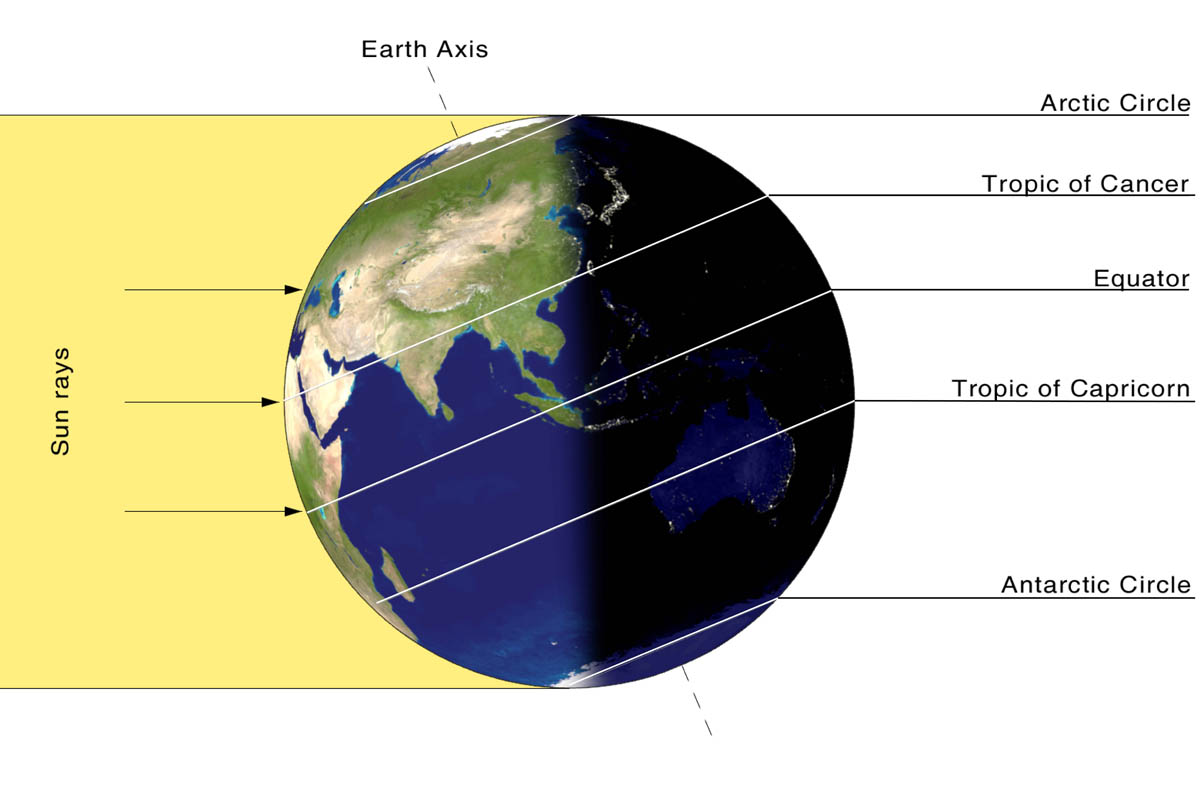Road Runner
Diamond Member
Okay, I was just watching a documentary posted in my twenty-five days till Christmas thread and I had a few questions because some things didn't make sense to me about it. I think I remember learning in school that the reason the north pole is so cold is because it's far away from the equator. Yet, it's the closest to the sun so wouldn't it be the warmest? Of course if the legend of Santa Claus was true then he would probably have to live somewhere else considering the fact that his reindeer probably wouldn't be able to handle the tropical climate.
Second of all, I recently googled how cold the north pole was and surprisingly enough the south pole is colder than the north pole in the winter time. Now, I think that's because it's even farther from the equator than the north pole is, but our southern hemisphere is usually rather warm and that doesn't make a lot of sense either because you would think that the further down south away from the sun you would go that the colder it would get. However, I think it's because states like Florida and California are closer to the equator than states like Alaska and Montana. Can somebody please help clear up my confusion about all of this?
Second of all, I recently googled how cold the north pole was and surprisingly enough the south pole is colder than the north pole in the winter time. Now, I think that's because it's even farther from the equator than the north pole is, but our southern hemisphere is usually rather warm and that doesn't make a lot of sense either because you would think that the further down south away from the sun you would go that the colder it would get. However, I think it's because states like Florida and California are closer to the equator than states like Alaska and Montana. Can somebody please help clear up my confusion about all of this?


